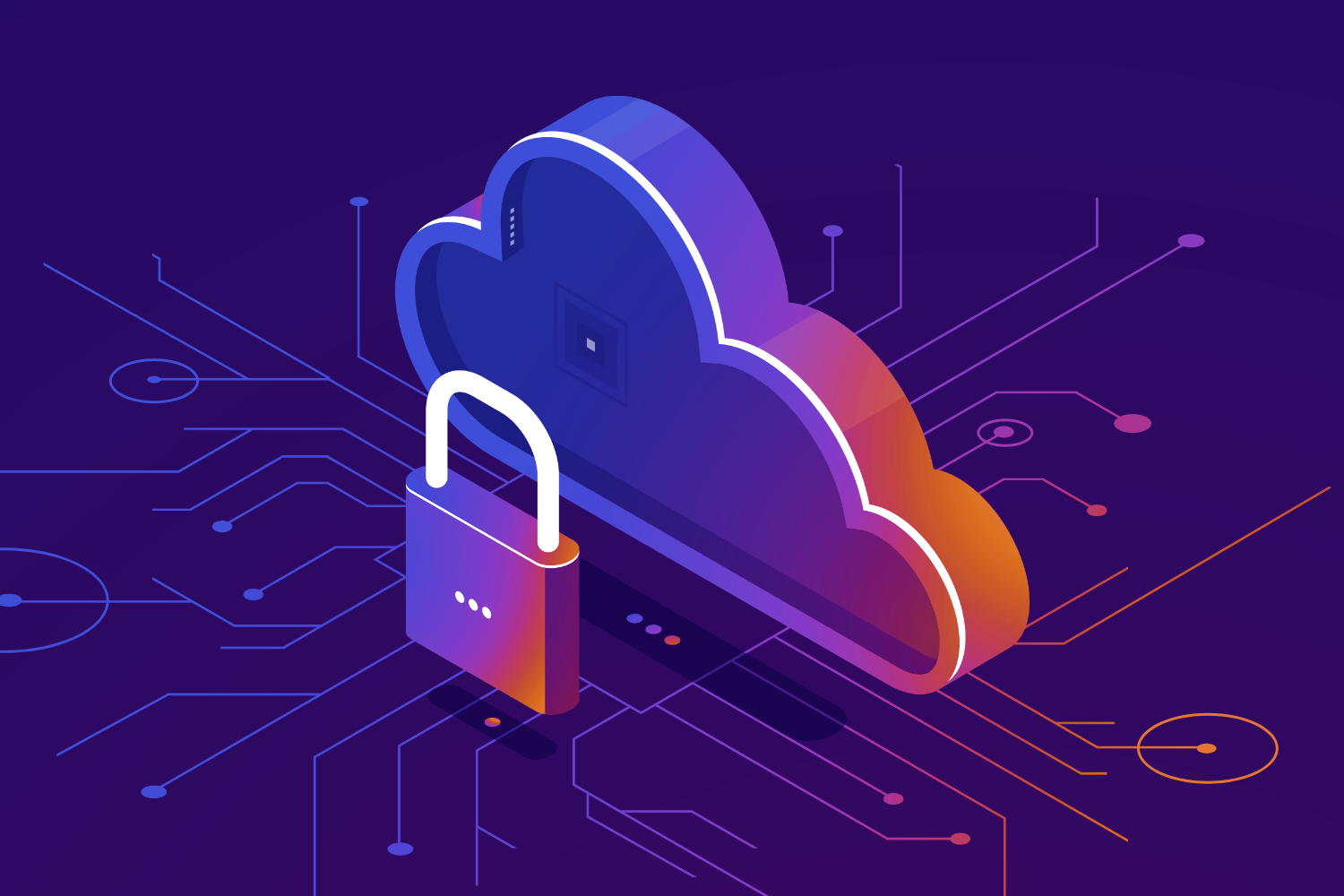
70% percent of organizations have at least a part of their application stack on the cloud. Some organizations are actively planning to migrate their entire application stack to the cloud while the rest are already on course too.
Chances are if you’re an organization with a multitenant application workload, you’re either moving to the cloud or planning to in the near future. If not, you’re putting yourself in a serious mess down the line.
Regardless of what major cloud vendors want you to believe, cloud migration of legacy applications from your local server to the cloud is a risky endeavor and is prone to failures, intrusions, and disruptions.
The security challenges of cloud migration
A major challenge that cloud vendors fail to address is the security risk an organization faces as it moves more of its application stacks and workflows to the cloud. The lack of interoperability of security policies across the cloud and on-premises setup leaves the organization vulnerable during cloud migration. The solution installed on your on-premise setup may have a different take on security policies than the cloud vendor you’re migrating to has. Basic security policies that a no infrastructure solution can skip, cloud or on-premises, may lag due to the lack of native support for cloud integration. These challenges hamper implementation of policy definition and enforcement consistency during cloud migration, leaving your cloud setup open to attackers.
You must plan your cloud migration in a way so that it doesn’t expand an attack surface. Otherwise, you’re opening your cloud migration pipelines for an intruder to get-in and steal data. If your migration pipelines are experiencing multiple instances of DDoS attacks, malware injection, rogue API-attacks and service hijacking, your migration process will stall. Your security analysts must weigh in and fix the issue before you proceed, which may set you back months in a larger setup.
Securing cloud migration pipelines empower organizations to manage and deploy a consistent, single security framework that spans the total infrastructure.
Securing cloud migration pipelines
If your cloud migration pipelines follow siloed security devices, distributed management, and an inefficient enforcement of security rules, your cloud migration pipelines are far from being secure. You need to fix these before you proceed with the migration.
You must regain the security sprawl by enforcing a principal security policy that encompasses your business, DevOps, and security resources. Once that’s in place, you can get a clearer picture of how secure your cloud migration pipelines are. To do so you may need to answer some questions like the ones below.
Did you plan bandwidth requirements?
In order to understand the security of your data pipelines, you must plan and recognize data courses and bandwidth needs. You must establish if they can meet the performance your security solution requires. VPN tunnels are notorious for affecting latency and performance of certain applications.
Does your team understand compliance?
That’s the million-dollar question. Just because the data is stored in your data center doesn’t mean it’s yours. There are laws in various countries that forbid you to move data unless the cloud vendor you’re moving to is compliant with their laws and guarantees its security during and after migration. In a nutshell, your data migration pipelines possess a legal obligation if they aren’t secure. If your team takes compliance seriously, then chances are your data migration pipelines are secure.
Do you have a plan to ensure availability and avert disaster?
Even with the best security in house, you must ensure availability of resources to your migration pipelines. You need to establish when scaling is needed and when your pipelines are within the allotted performance radius.
You’ll be moving a lot of legacy applications and it’s essential that you take care of things like load balancing and flow symmetry to ensure security of the migration pipelines even when using an active cloud service.
Is the right security in place?
Having your security team install a firewall at both ends of the pipeline isn’t going to be enough. The security of your data in transit also depends on the applications and services using them.
Modern organizations secure their pipelines and infrastructure with a next-generation firewall (NGFW), intrusion prevention service or intrusion detection service (IPS/IDS), web application firewall (WAF), and cloud access security broker (CASB). If you have any of these installed in your infrastructure, then you’re doing an impressive job securing your pipelines.
Do you have a lifecycle management structure in place?
Security solutions and enforcement policies don’t go hand in hand, but you must ensure they are, especially if they span several environments.
Security tools that shine in multiple environments are better than those that shine in a single one.
If the tool you’re using has a coherent policy for security change, a single point of management, and dynamic provisioning and scaling, then you’re good to go.
Don’t let the perceived benefits of cloud blindside your pipelines
Choosing a cloud vendor, setting up your production environment on the cloud, and letting the migration begin can be done with a few clicks of a button. The simplicity may blindside you to potential security risks and put your whole operations into jeopardy.
Organizations that rush cloud migration at the expense of security will pay for their negligence.
Unsecure cloud migration practices expose your cloud migration pipelines to the latest attack vectors. They leave you unprepared for zero-day exploits and open to cloud threats. Giving up compliance for a fancy new cloud feature also attracts penalties.
Securing pipelines is the first step towards cloud migration. It’ll save you time, effort, resources, capital, and empower you to stay competitive in an ever-expanding digital marketplace.
Cloud migration pipelines aren’t secure to begin with. An effort must be made in order to make them secure and ensure a smooth migration experience.
Rare Crew understands the importance of security during cloud migrations. As a leading cloud consultant, we help organizations make their cloud journey smooth, rapid, and secure.